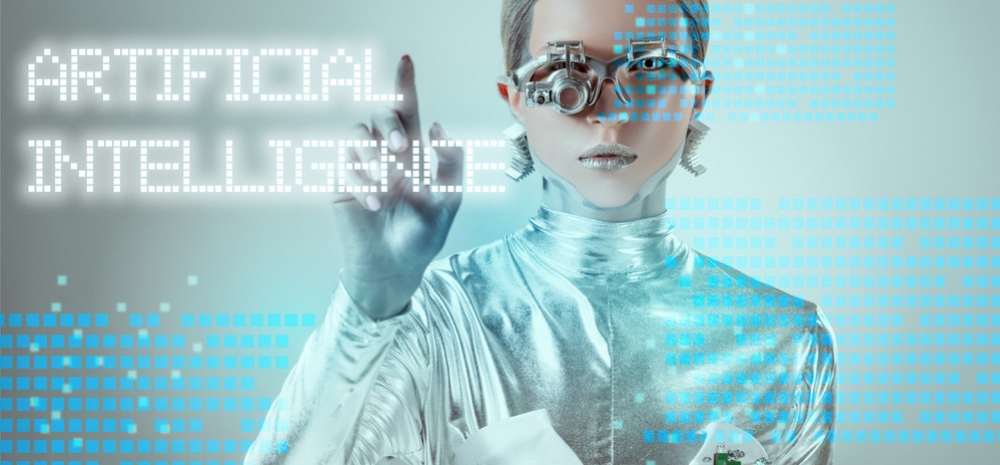Goldman Sachs is known for its extensive report on the potential automation of jobs by AI, which sparked alarmist headlines claiming that 300 million jobs could be replaced worldwide.

The report suggests that around 18% of global work has the potential to be computerized, with developed economies potentially experiencing greater effects than emerging economies.
Goldman Sachs’ Report Suggests 300 Million Jobs Could be Replaced Worldwide
Coinciding with the rise of generative AI, the online tech industry has seen waves of layoffs, creating concerns and discussions about the impact of AI automation. However, the Goldman Sachs report clarifies that “exposal to automation” doesn’t necessarily mean the elimination of human-involved jobs, and many non-white-collar professions may not be negatively affected.
Some experts believe that the ability to operate next-gen AI tech will be crucial for professionals, rather than rendering them redundant. The human factor remains essential in driving AI, as emphasized by Ingrid Verschuren from Dow Jones.
According to Goldman Sachs’ estimates, AI could manage up to 25% of all work in the coming years. However, the implications for specialists in various fields, such as law, copywriting, or motion design, may not be significant. AI solutions for tasks like generating images have proven challenging, as default imagery can be generic and uninspiring.
In editorial departments, the use of generative AI for queries has revealed the weaknesses of truthfulness in AI-generated results. Given the potential for false narratives and the ease with which generative AI can be persuaded, relying on AI for legal advice or replacing human expertise seems premature.
AI’s Impact on The Workforce To be Significant
While the current state of generative AI may not be as advanced as some believe, its impact on the workforce is expected to be significant in the coming decade. However, entrepreneurs should not rush into cutting off qualified specialists, as generative AI still requires human management for optimal results.
Facts need to be carefully checked as AI-generated content can be unreliable. Trusting AI-generated text or images remains a challenge, and calculations provided by machine learning algorithms also require re-checks, especially with selected data cohorts. The belief that AI leads to higher productivity with less budget spending can be challenged by the operational resources needed for reviews and checks.
Bias is another important consideration with generative AI. Biases can manifest in AI-generated content, such as the assumption that “people” primarily refers to “male people.” Entrepreneurs using generative AI must be aware of bias risks and triple-check and update results before incorporating them into their work.
Looking ahead to 2023-2024, it is important to approach the use of generative AI in moderation. Exaggerating its benefits or focusing excessively on its potential ramifications can be detrimental. Humans still play a crucial role in shaping the future and fine-tuning machines for better results, no matter how complex the technology becomes.











